What is a Vocation?
God calls all people to holiness. The Catechism of the Catholic Church (CCC) explains: “All Christians in any state or walk of life are called to the fullness of Christian life and to the perfection of charity” (2013). Fundamentally, everyone is called to live out the call to holiness as witnesses to Christ’s teaching and the life of faith sustained by the Church through their Baptism and Confirmation (CCC 900). Living out a call to holiness is essential to the life and mission of the Church.
Every one of Christ’s disciples shares a call to holiness and to the mission of evangelizing the world (CCC 1533). A vocation is our way of answering God’s call to build the kingdom of God in our daily lives (CCC 898). Our vocation specializes the Church’s mission to fit into our lives: who we are, our charisms, and what God has planned for us. To some, God calls to love another in the sacrament of Holy Matrimony: a covenant which establishes a partnership of the whole of life, where the two together renounce themselves and follow Christ, thus enabling them to live out the original meaning of marriage (CCC 1601, 1615). To others, God calls to a deeper participation in the Church’s life and ministry as consecrated religious, deacons, or priests.
A diocesan priest is called from a community of faith to serve that community of faith as a leader of worship & prayer, as a spiritual guide, and as a servant leader. He is a co-worker with the Bishop serving the pastoral needs of the people. A diocesan priest, along with the all the presbyterate, work with the People of God to proclaim the Good News. The Catechism explains that the ordained ministry, especially that of bishops and priests, makes visible the presence of Christ within the Church community (1549).
“Becoming a priest or a man or woman religious is not primarily our own decision…rather it is the response to a call to love”
-POPE FRANCIS
Discernment
If a man thinks he is being called to the priesthood, he should reach out to his parish priest or the Office of Vocations. His priest and the Office of Vocations will help guide and support the discernment process, along with a life of prayer and frequenting the sacraments.
If you feel God may be calling you to consider the priesthood, we encourage you to begin the conversation with your priest or the Office of Vocations, who can guide you and provide you with the resources and knowledge you need to discern well. Our Vocation Director, Bishop Mueggenborg, would be happy to join in the conversation if you determined that you would like to continue taking steps to explore this call further. This conversation can continue for as long as needed, helping you to explore your relationship with Jesus Christ, the meaning of priesthood, and to interpret God’s will for your life.
Eventually, a decision may be made to pursue the call more formally, which is done within the context of seminary. By allowing themselves to experience formation in the seminary, men come to greater clarity where either realize their call to the priesthood or realize that their call is to another vocation. Both decisions are considered successful outcomes of discernment in seminary.
When a man decides to apply for the seminary, he completes an application for the diocese, is interviewed by the seminary board, undergoes psychological testing, and a recommendation is made based on the outcome of the application process.
If recommended, the Bishop then selects a seminary and the candidate completes the seminary application and interviews. Upon admittance to the seminary, the applicant officially becomes a seminarian.
If you would like to learn more about vocations, request resources, or talk to someone in the Office of Vocations at the Diocese of Reno about discernment, please call 775-326-9428 or email vocations@catholicreno.org
Also, check out our Diocese of Reno Vocations social media accounts using our Linktr.ee: https://linktr.ee/dorvocations
LIFE AS A SEMINARIAN
Basic Requirements: All Seminarians must have English Comprehension, a high school diploma and must be free from all bonds, whether to former marriages or to religious communities.
Theology Level Requirements: The same as above, and in addition, the seminarian must have a Bachelor’s degree from an accredited college or university.
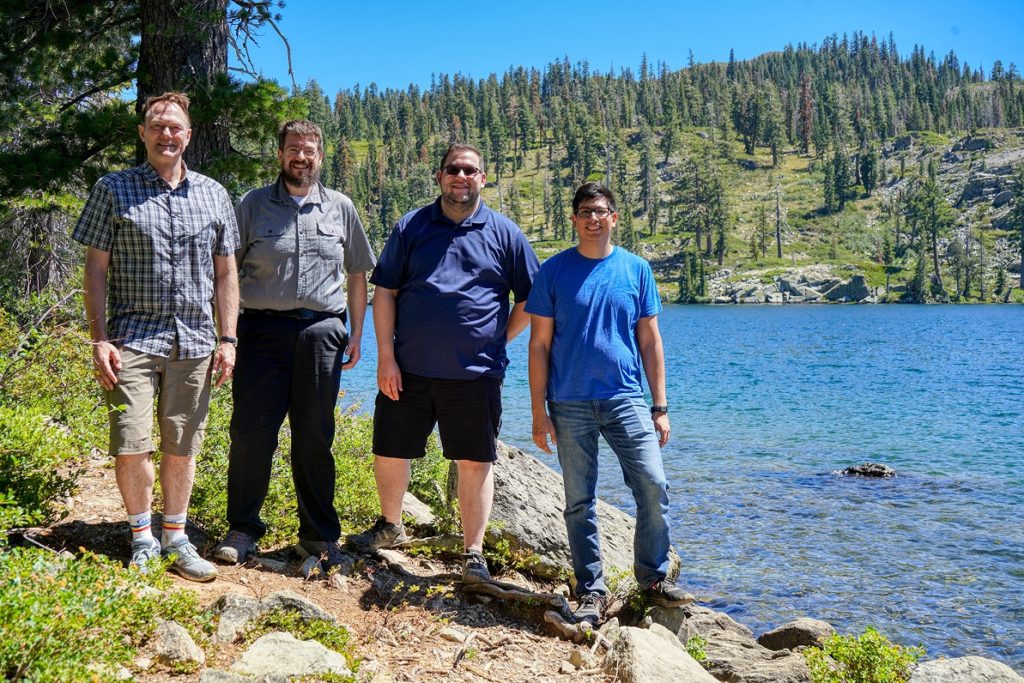
Seminary life consists of academics, spiritual direction to help them assess their call, and a daily prayer including Liturgy of the Hours and Mass.
Each year, seminarians are evaluated according to their academic, human, spiritual, and pastoral progress in formation.
The seminary structure has four stages: the Propaedeutic Stage, the Discipleship Stage, the Configuration Stage, and the Vocational Synthesis Stage. The Propaedeutic and Discipleship Stages usually take place at the college or undergraduate level, where students develop habits of prayer and study to prepare them for the later stages and theological studies. During the Configuration Stage, a seminarian studies theology at a graduate level with more intensive spiritual formation. The seminarian studies theology in the Vocational Synthesis Stage as a Deacon, and prepares for imminent ordination to the priesthood.
Summer months for seminarians are spent either working in a parish, learning Spanish, or receiving additional training. All seminary tuition as well as room & board is covered by the diocese.
MEET OUR SEMINARIANS
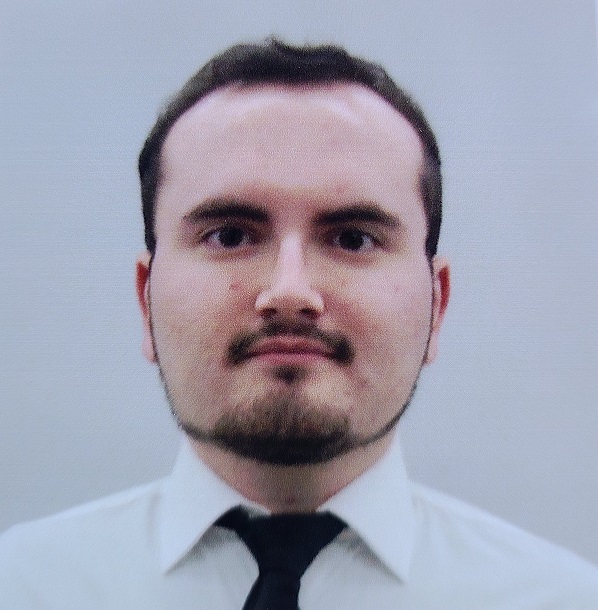
Jacob Means
Propaedeutic Year
Mt. Angel Seminary

Anthony Rizo
College II
Mount Angel Seminary
St. Benedict, OR
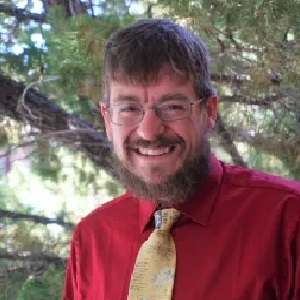
Sean Scherschel
Theology I
St. John’s Seminary
Camarillo, Ca.
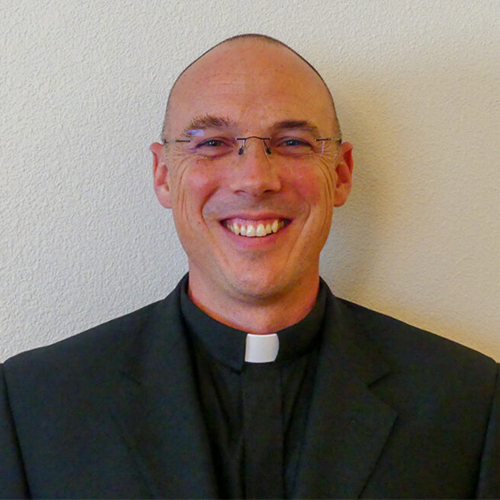
Deacon Francis Coyne
Pastoral Internship
OLW Newman Center
The addresses for the Seminaries are: (if you wish to send a card or letter)
Mt. Angel Seminary, 1 Abbey Drive, Saint Benedict, OR 97373
St. John’s Seminary, 5012 Seminary Rd, Camarillo, CA 93012
SUPPORT OF OUR SEMINARIANS
The Seminary process requires a great deal of time and resources. A seminarian can expect between five to seven years of formation. Seminaries are also expensive. Tuition, Room & Board and fees cost around $34,000 per student each year. In addition, the diocese provides insurance and other formation opportunities, so that the total cost per year of each seminarian is closer to $50,000. Support comes from CSA donations, grants and other generous gifts from Catholics in our diocese. Below are some ways people actively support Vocations, and which others may wish to join and contribute.
THOMAS S. DOLAN ENDOWMENT FOR SEMINARIANS
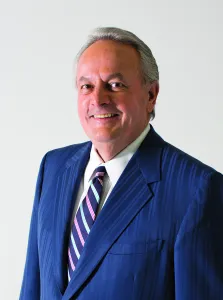 Through the incredible generosity of Thomas S. Dolan, with a gift of $1,000,000, an endowment was set up so that the earnings can support the formation of future priests in our diocese. This was part of the Today Together Tomorrow Diocesan Capital Campaign. Subsequent donations from Bud Flocchini and others have increased the total pledged amount to approximately $1,600,000. This endowment is held within the Catholic Community Foundation. There are plans for future events to continue to grow the endowment. In the mean time, if you would like to make a donation to this endowment to help it grow now, we welcome that. Stay tuned for instructions!
Through the incredible generosity of Thomas S. Dolan, with a gift of $1,000,000, an endowment was set up so that the earnings can support the formation of future priests in our diocese. This was part of the Today Together Tomorrow Diocesan Capital Campaign. Subsequent donations from Bud Flocchini and others have increased the total pledged amount to approximately $1,600,000. This endowment is held within the Catholic Community Foundation. There are plans for future events to continue to grow the endowment. In the mean time, if you would like to make a donation to this endowment to help it grow now, we welcome that. Stay tuned for instructions!
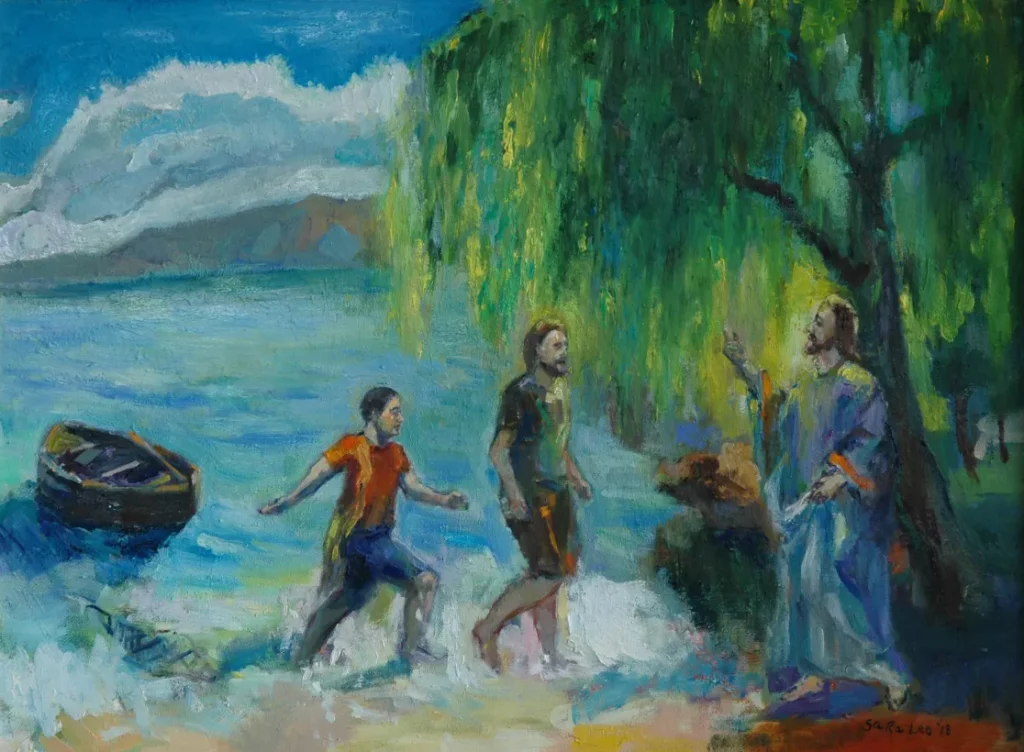
GERALD GLENN FUND
In honor of Jerry Glenn, a long time member of the Serra Club, a fund was set up by his family to help provide for current seminarian needs. This fund is managed by the Serra Club. If you would like to set up a similar fund contact the Bishop’s Office.
SERRA CLUB
The Serra Club is an International Organization that supports Vocations within Diocese. Our local group supports our seminarians financially and also through the Annual Seminarian BBQ held each August. The Serrans are always open to new members. The local group meets every 3rd Friday.
SEMINARIAN EDUCATION FUND
Each September the Diocese takes a 2nd Collection to provide for the education of our seminarians. All funds collected remain in our diocese for our men. Anyone can contribute at any time.
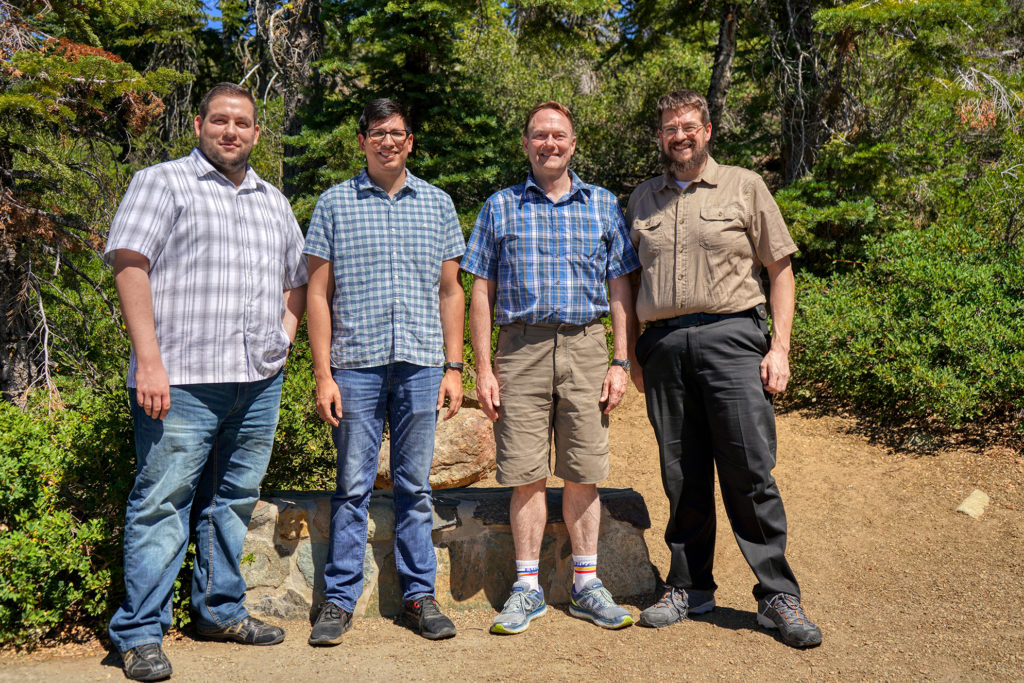
VOCATIONS TO THE RELIGIOUS LIFE
The Diocese of Reno has been blessed to have several Religious Communities that lived and served here in Northern Nevada. However, like other places in our country, those communities have declined in numbers Religious Communities differ from Diocesan Priesthood in that clearly they can involve women as well as men. They also follow a charism particular to their community, and they make their vows to that community. Our Vocation office can help you find a religious community that you may feel called to. Currently the only Religious Community of Women within our diocese are the Carmelites in Reno. We have no Religious Community of men, however Fr. Arlon M. Vergara, OSA, an Augustinian, serves at Little Flower.
Click the button below to find out more information on these Religious Communities.
